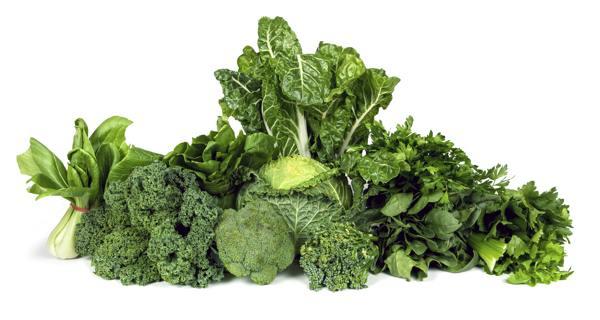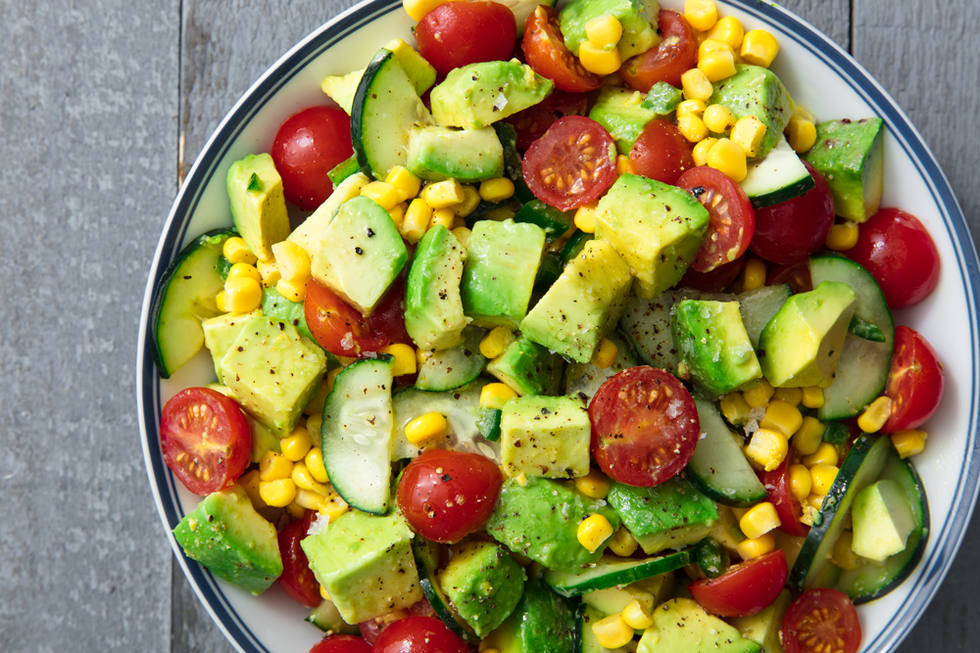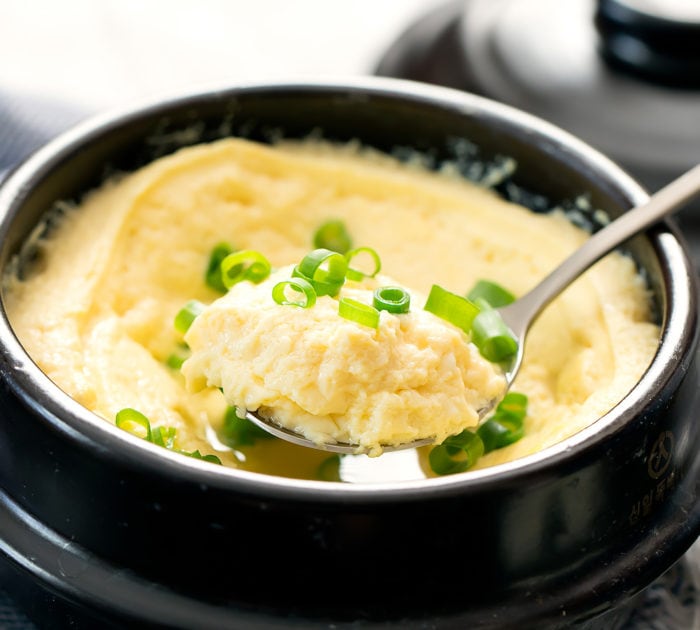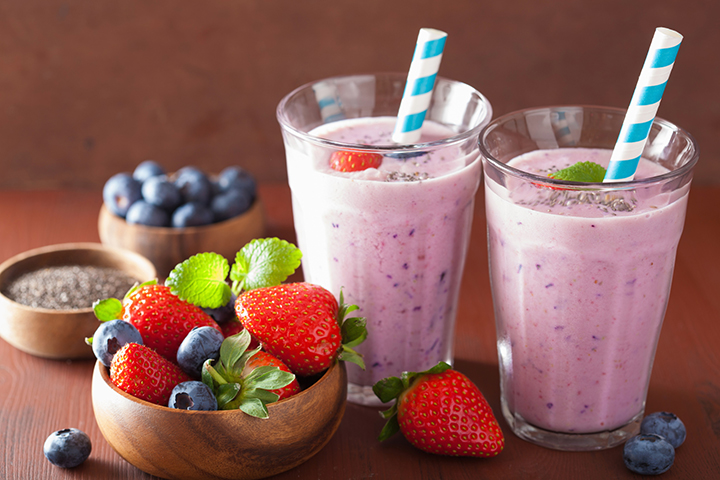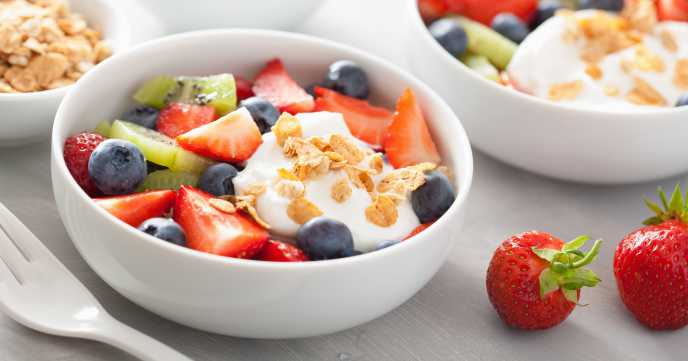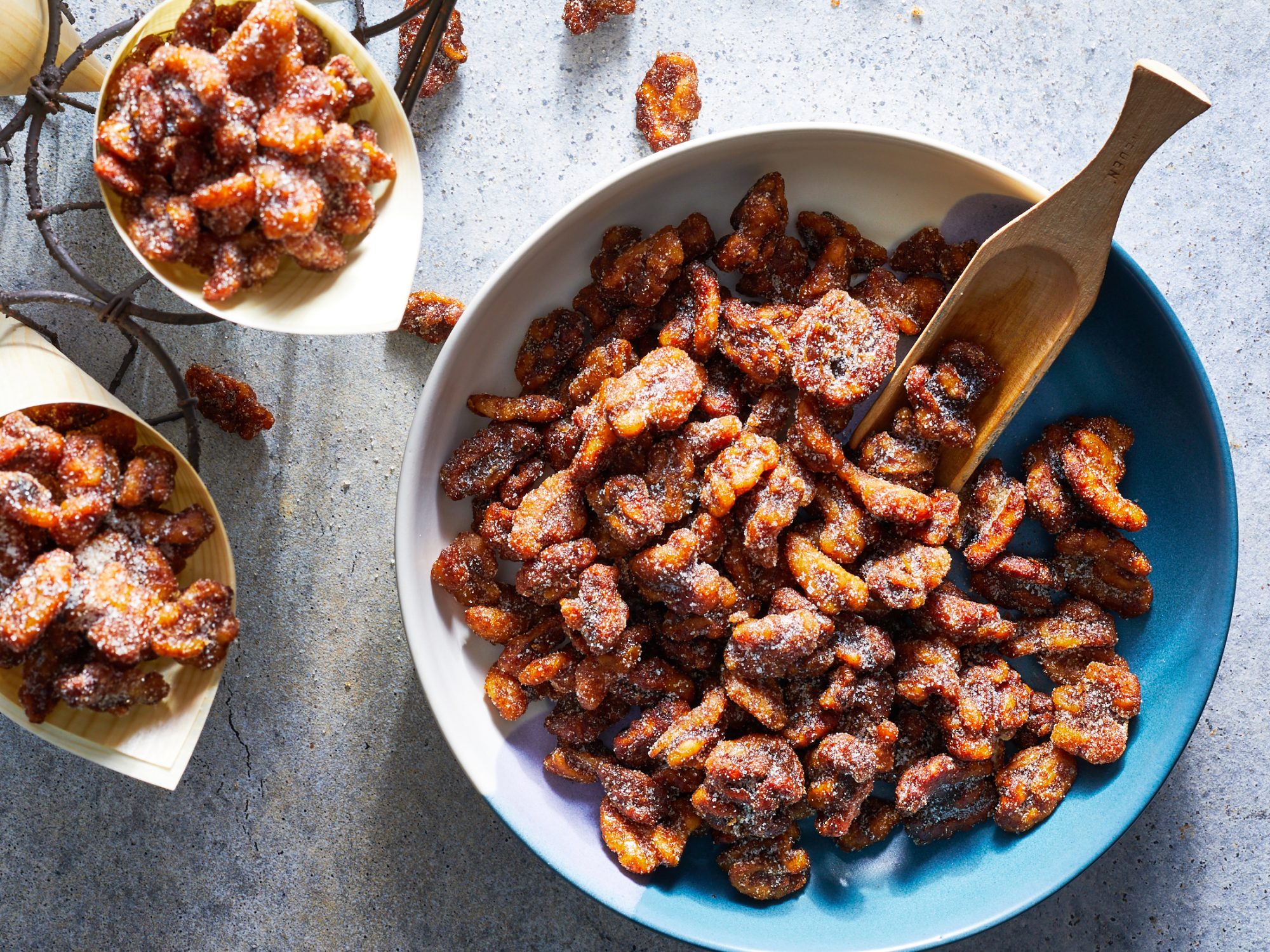Did you click in because you’re suffering from inflammatory bowel disease (IBD)? Those who aren’t aware of what IBD is, just know that there are two main types:
- Crohn’s disease – frequently happens in the small intestine and the colon.
- Ulcerative colitis – inflammation of the lining of your large intestine, rectum, or both.
Whether it’s your genetics or your immune system that’s causing IBD, it’s wise that you know how to spot the symptoms. These are some common ones:
- Diarrhoea
- Bleeding ulcers
- Weight loss and anaemia
- Stomach pain, cramping, and bloating
If you suspect you’re suffering from IBD, please see a doctor and make some lifestyle changes. Here’s a nutritionist’s guide on the best foods to take for a healthier gut.
#1: Ginger

Image Credits: Nutrition Force
A research paper uploaded in the European Journal of Cancer Prevention demonstrated that in individuals who are more prone to developing colorectal cancer, ginger might better suppress colorectal cancer markers’ development.
Ginger may be a root herb well-known among the older generations but not so much with the younger folks. Here are five easy tips to include more ginger in your diet.
Those who prefer to swallow a pill can consider the Ginger Root Veg Capsules 550mg (S$16) from Shopee instead.
#2: Blueberries
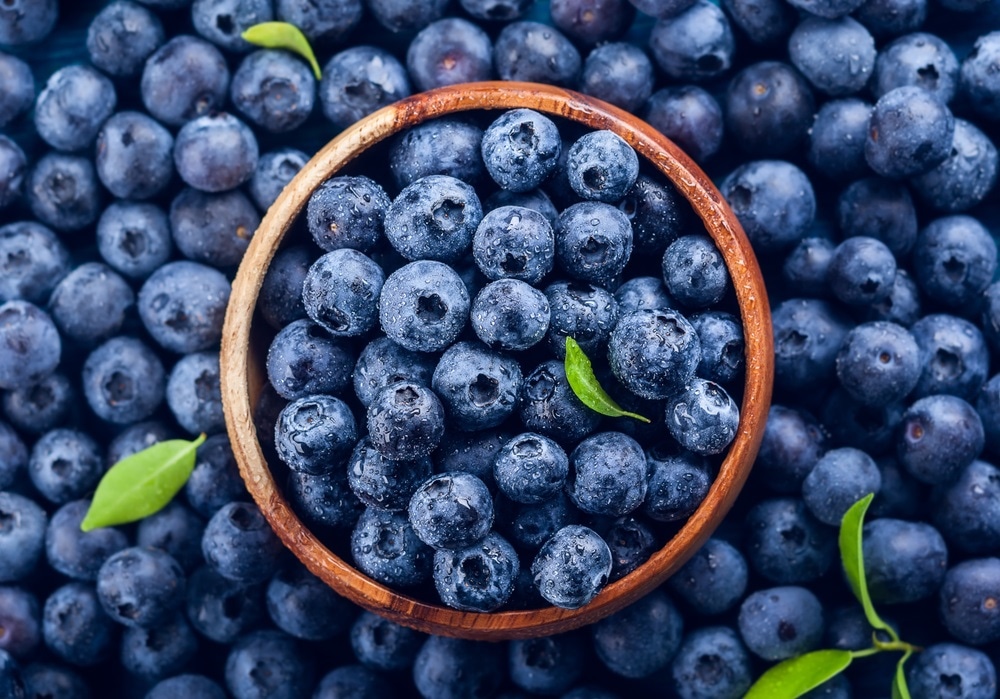
Image Credits: News Medical
Blueberries have antibacterial and anti-inflammatory effects according to a study. Another research by Lund University has shown that the fibre in blueberries helps to protect against intestinal inflammations.
Do a quick search on the internet, and you will find various proven health benefits of blueberries. They are low in calories, may help protect against ageing, and can even lower blood pressure.
It’s sweet too. What’s there not to like about it?
#3: Bone broth
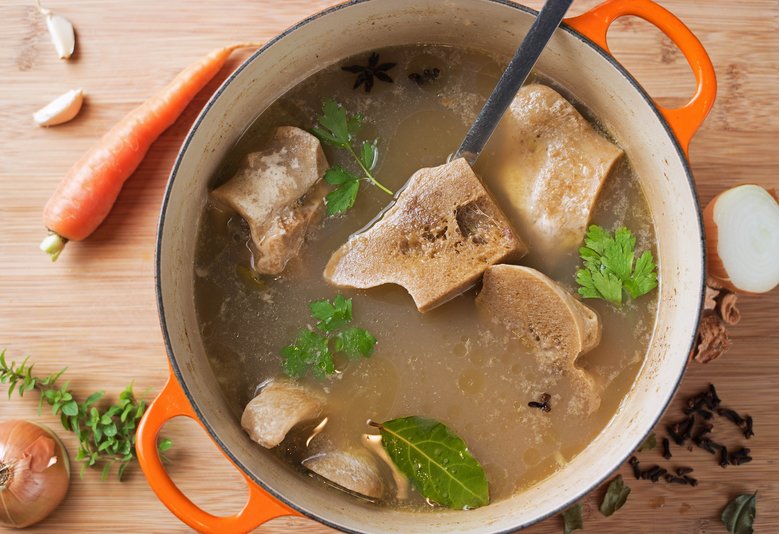
Image Credits: The Seattle Times
When you visit a doctor, you will most likely be prescribed IBD medication. But there might be a better option for you, and that is bone broth.
You want to take in more bone broth because it’s rich in collagen, amino acids, and minerals. A 2016 study revealed that collagen has an impact on reducing rectal bleeding and down-regulated inflammatory markers in mice.
Get your Superior Chicken Collagen Broth 250g (S$6) from RedMart if you don’t have the luxury of time to simmer your own at home.
#4: Oily fish
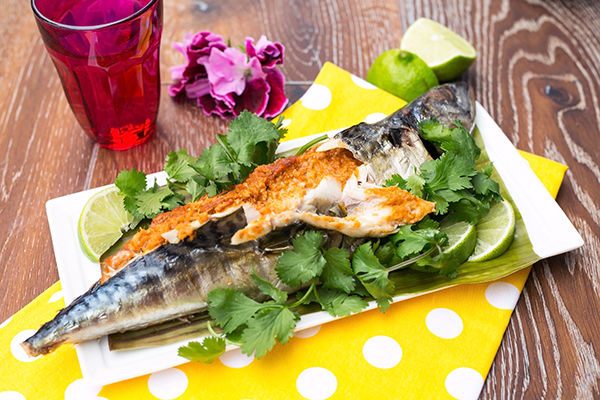
Image Credits: slapyodaddybbq.com
Salmon made it to our list again. If you missed last week’s article on the “foods and supplements you can take to counter high cholesterol”, click through to read it.
Other than salmon, oily fish like trout, sardines, and mackerel provide inflammation-fighting benefits. This is thanks to its omega-3 fatty acids eicosapentaenoic acid (EPA) and docosahexaenoic acid (DHA).
There is evidence that omega-3 fatty acids may help prevent and treat IBD, though more research is needed to define the daily recommended amount.
#5: Fermented foods
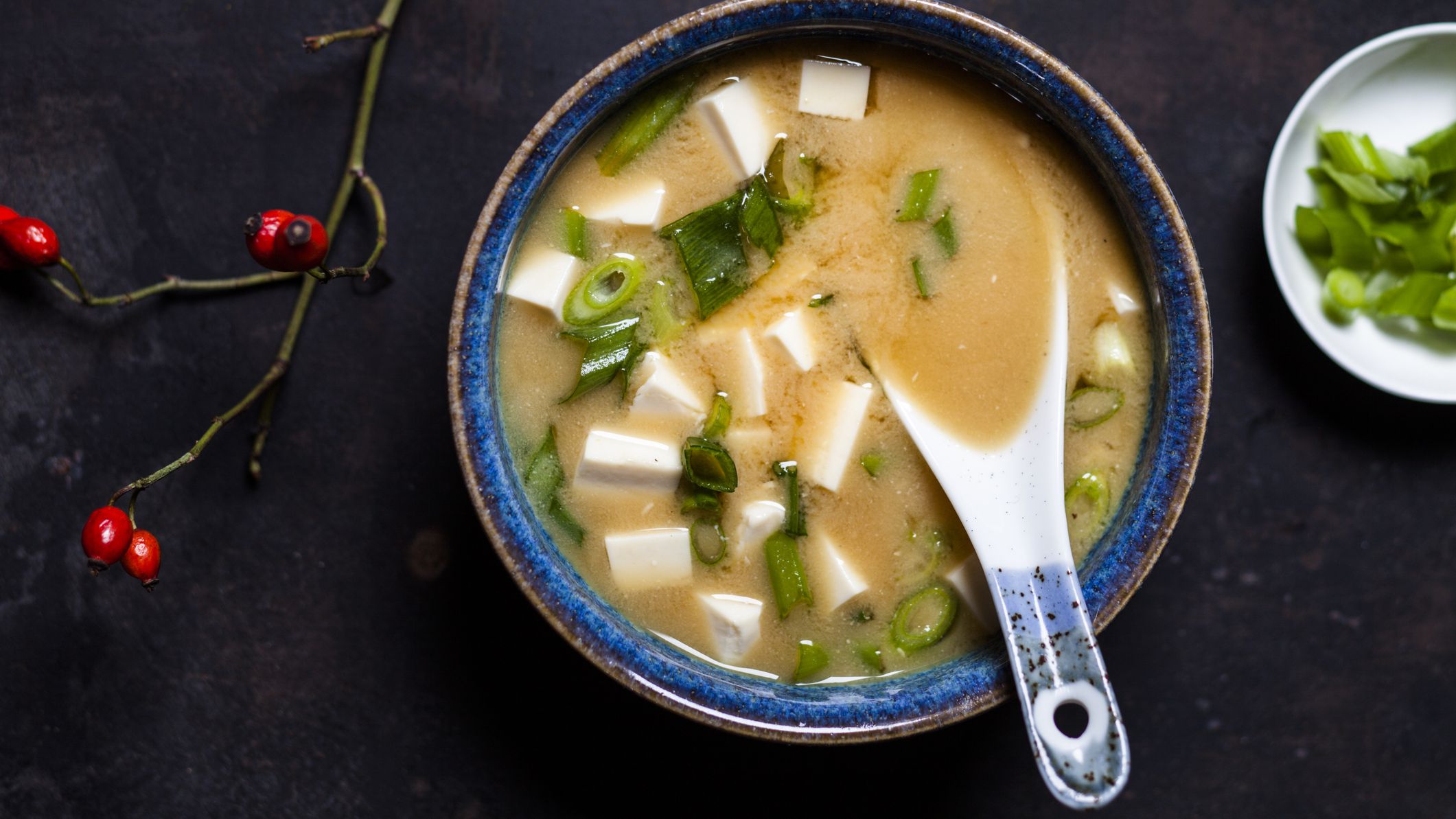
Image Credits: The Spruce Eats
The main idea here is that you take in naturally occurring beneficial probiotic bacteria. They can help regulate bodily responses and homeostasis and up your immunity.
Recent studies like one in 2018 have shown that selected probiotics can be used as an alternative therapy for IBD patients. Another analysis done last year concluded that probiotics positively affect patients with ulcerative colitis (one of the main IBD types).
Yes, go ahead and eat your kimchi, miso, yoghurt, tempeh, and kombucha.
Don’t let an unhealthy gut affect you
An unhealthy gut can mess up not only your digestive system but your overall health. The American Heart Association News said that gut bacteria have an interconnected relationship with anxiety, depression, and the brain’s areas that process emotions.
Don’t let an unhealthy gut create unnecessary problems for your body. Your health starts with what you put in your mouth. Pay more attention to that!




